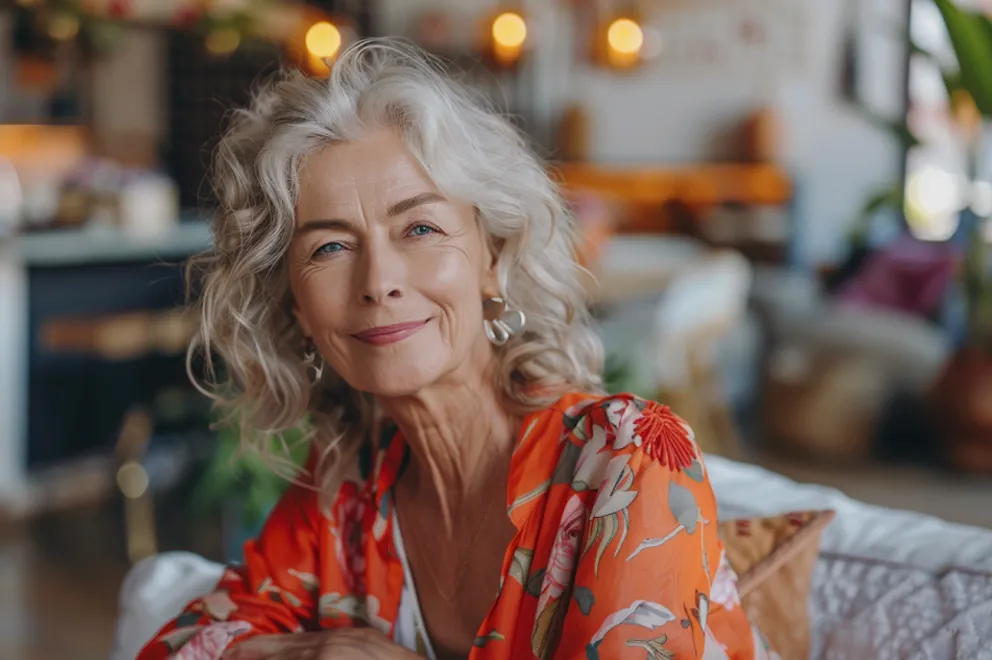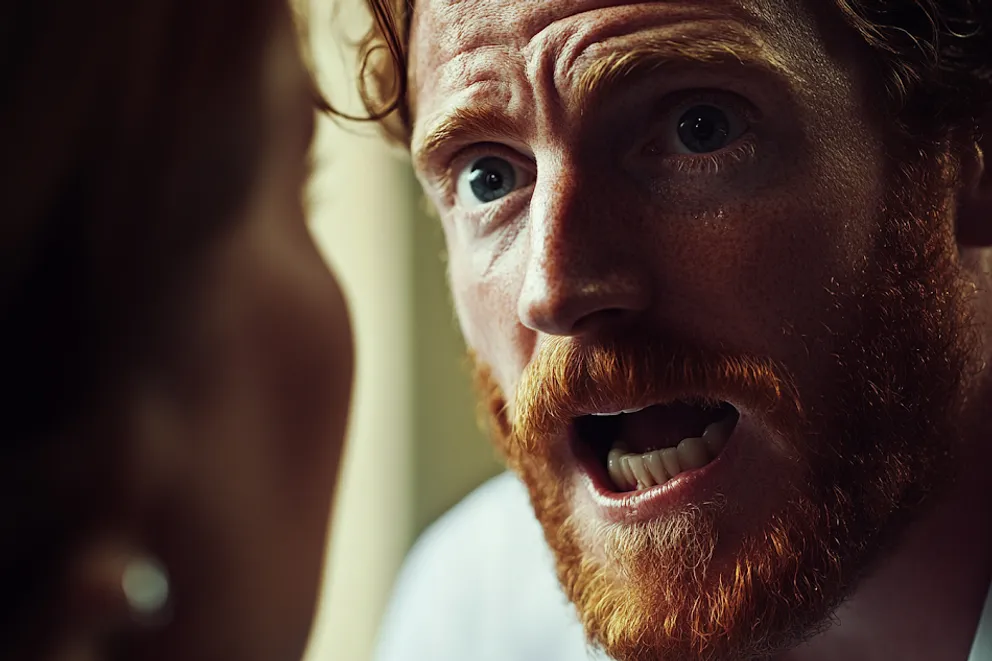I expected life to change when I remarried, but I never thought my new wife would try to claim the money my late wife had left for our daughters. That money was meant for their future, not hers. She thought she could pressure me, but what followed would teach her an unforgettable lesson.

As I held a photo of my late wife and our daughters at the beach, a tear slipped down my cheek. “I miss you, Ed,” I whispered, running my fingers over Edith’s face in the picture. “The girls… they’re growing up so fast. I wish you could see them.” Edith’s radiant smile looked back at me, her eyes sparkling with the life cancer had cruelly stolen.
A soft knock broke my thoughts. My mother stepped in, her eyes filled with concern.
“Charlie, honey, you can’t keep living in the past. It’s been three years. You need to move on. The girls need a mother figure.”
I sighed and set the photo down. “Mom, we’re doing fine. The girls are—”
“Getting older!” she interjected, sitting beside me. “I know you’re trying, but you’re not getting any younger. What about that woman from your office? Gabriela?”

“Gaby?” I asked, rubbing my temples. “She’s just a coworker.”
“And a single mother, just like you’re a single father. Think about it, Charlie. For the girls’ sake.”
Her words stayed with me after she left. Maybe she was right. Maybe it was time to move on.
A year later, I stood in the backyard watching Gaby interact with my daughters. She had come into our lives like a whirlwind, and before I knew it, we were married. It wasn’t the same as it had been with Edith, but it was… nice.
“Dad! Watch this!” my youngest called, attempting a cartwheel.
I clapped and forced a smile. “Great job, sweetheart!”
Gaby linked her arm through mine. “They’re wonderful girls, Charlie. You’ve done an amazing job.”

“Thanks, Gaby. I’m trying my best,” I replied, suppressing the pang of guilt that always surfaced when someone praised my parenting.
As we walked inside, I couldn’t shake the feeling that something about her words felt off. But I brushed it aside, determined to make this new family work.
Later that evening, Gaby cornered me in the kitchen, her tone unusually sweet. “Charlie, we need to talk about the girls’ trust fund.”
I froze, my coffee mug halfway to my lips. “What trust fund?”
She rolled her eyes, dropping the act. “Don’t play dumb. I overheard you talking to your financial advisor. Edith left quite a bit of money for the girls, didn’t she?”
I swallowed hard. I had never mentioned the fund to her. “That’s for their future—college, starting their lives.”

“Exactly!” she said, her smile turning cold. “And what about my girls? Don’t they deserve the same opportunities?”
“That money is Edith’s legacy to her children,” I said, my voice steady but firm.
Her expression hardened. “Her children? Aren’t we supposed to be one family now, Charlie? Or was that just talk?”
“I’ve treated your daughters like my own,” I countered.
“Please,” she snapped. “If that were true, you wouldn’t be hoarding that money for just your biological kids.”
The tension in the room was unbearable. I took a deep breath to steady myself. “Gaby, that money is untouchable. It’s not ours to spend.”

Her face turned red with anger. “So your dead wife’s wishes matter more than your living family?”
“Don’t you dare speak about Edith that way. This discussion is over.”
“You’re impossible!” she yelled, storming out of the room.
I sank into a chair, running my hands over my face. Gaby had revealed her true colors, and I knew it was time to act.
The next morning, I made a show of calling my financial advisor, making sure Gaby could hear. “Yes, I’d like to set up a new account for my stepdaughters,” I said. “We’ll fund it from our joint income moving forward.”
I turned to see Gaby standing in the doorway, her face a mix of shock and fury.

“What are you doing?” she demanded.
“Creating a fund for your daughters, as you wanted,” I said calmly. “We’ll contribute to it together.”
“And Edith’s money?”
“Remains untouched. That’s non-negotiable.”
She scoffed. “You think this fixes anything? You’re still choosing your daughters over us.”
“I’m honoring Edith’s wishes and respecting boundaries. If you can’t accept that, we have a serious problem.”
Her eyes filled with tears, but I couldn’t tell if they were genuine or manipulative. She stormed out again, leaving me with a heavy heart but no regrets.

In the weeks that followed, Gaby alternated between guilt-tripping me and giving me the cold shoulder. I stood my ground, refusing to let her sway me.
One evening, as I tucked my daughters into bed, my eldest asked, “Daddy, is everything okay with you and Gaby?”
I hesitated. “We’re working through some things, sweetheart. But don’t worry.”
Her worried eyes met mine. “We don’t want you to be sad again.”
I hugged her tightly. “I’m not sad, honey. Your happiness is what matters most.”
As I left their room, I found Gaby waiting in the hallway. “Your kids are lucky, Charlie. But my girls deserve the same.”
“They all deserve our support,” I replied.

“Support?” she scoffed. “That trust fund would’ve been real support. But you had to be the hero for your precious Edith.”
“This isn’t about being a hero. It’s about respect,” I said firmly.
Months passed, and while the arguments subsided, the tension lingered. One evening, as I watched all four girls play together in the backyard, Gaby approached me.
“They look happy,” she said.
“They are,” I replied, not taking my eyes off the children.
“But it could’ve been better for everyone if you’d just listened to me,” she said.

“No, Gaby,” I said, meeting her gaze. “It wouldn’t have been better. It would’ve been wrong.”
She turned away, her shoulders tense. I felt a mix of sadness and relief. Gaby had underestimated me, thinking she could rewrite the rules for her own benefit. But I stood firm, and I’d do it again.
Edith’s legacy for our daughters was untouchable. Always would be. Watching my girls laugh and play, I knew I’d done the right thing—for them, for Edith’s memory, and for myself.

